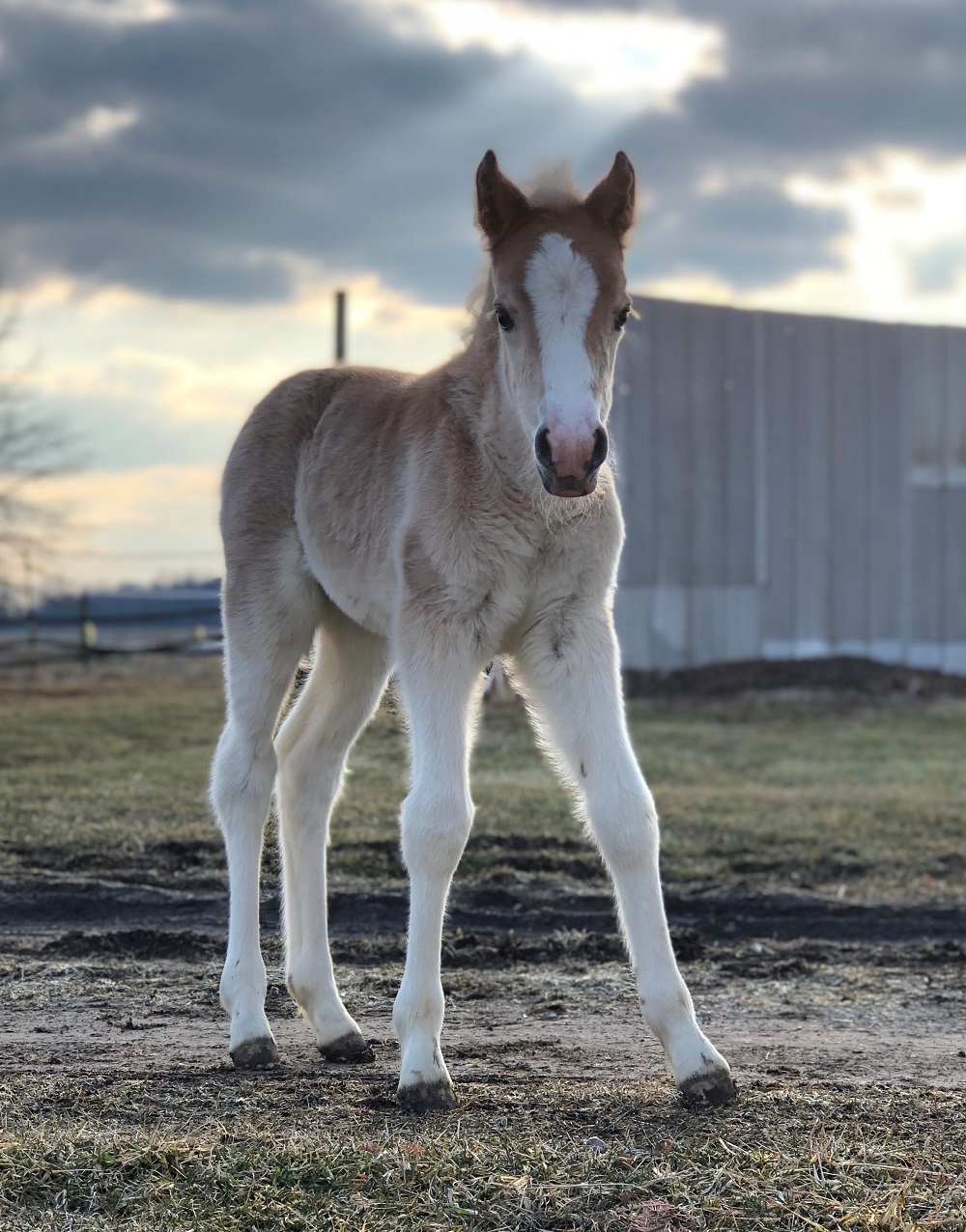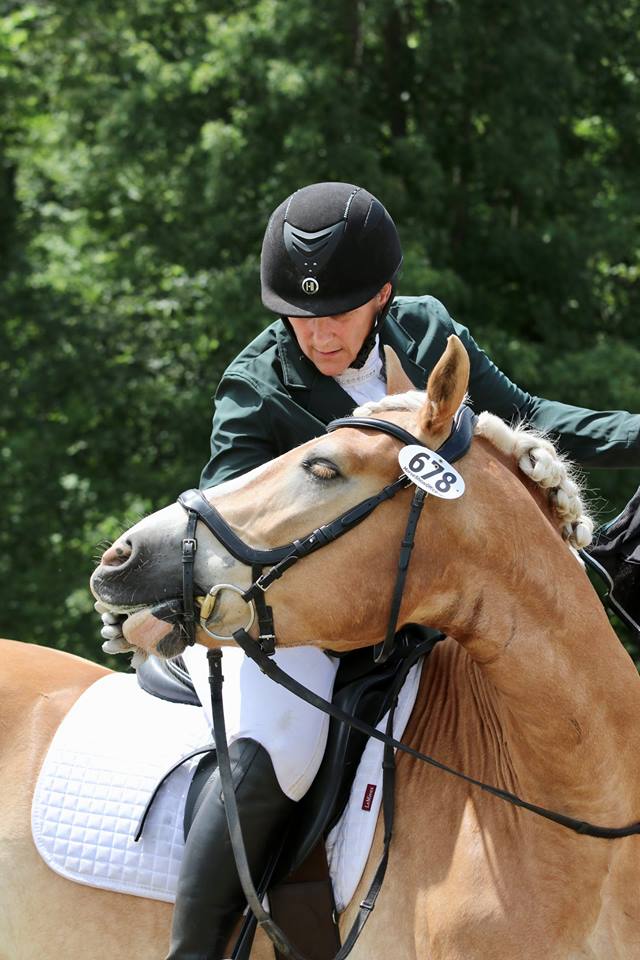
Horse Research
DNA testing is required for all presently licensed stallions still alive and breeding, all stallions being newly licensed for breeding, and all breeding mares. Also requiring DNA testing are all overage registrations (after the year of birth), and foals applying for registration as follows: all fillies, all shipped semen AI foals (except geldings), all frozen semen foals, and any other horses regardless of sex or age that owners choose to DNA voluntarily. Haflingers being presented for Inspection & Classification must be DNA tested and a copy of the DNA test results sent with their I&C application form prior to the inspection.
DNA Testing Procedure
DNA kits will be automatically generated for fillies/mares being registered. All other DNA Typing requests will need to complete a DNA Request Form:
Download DNA Typing Request Form – for known horses and registration
Download DNA Typing Request Form – for unknown horses and research requests
DNA Testing Fees:
Members – $35
Non-Members – $100
DNA Research Fee: $100
For researching and identifying unknown horses
Return the completed form and appropriate fee(s) in US funds to American Haflinger Registry, PO Box 124, Fredericktown OH 43019.
DNA kits are a PDF file and will be emailed or mailed to the person requesting the kit. Kits are computer coded and specific to each horse. Never use a kit for mailing hair for any horse other than the one the kit was purchased for. Instructions for pulling and submitting hair samples are included with the kit. It is the owner’s responsibility to collect and mail hair samples to UC Davis lab (do not mail hair to the Registry). THE HAIR SAMPLE MUST BE RETURNED WITHIN 60 DAYS OF RECEIPT OF THE FORM. ALL FUNDS PAID FOR DNA AND REGISTRATION WILL BE FORFEITED AFTER 60 DAYS. NO REFUNDS WILL BE MADE.


How To: Researching Registration Status
So you’ve acquired what looks like a Haflinger horse, purchased from a private party, auction, or rescue, and you’re wondering if you can get it registered, or find its papers (registration certificate) that may have been lost to register it in your name. It’s time to do some research; the more you know about the horse and its previous owners the better chance you’ll have. However, your chances of identifying and registering an unknown Haflinger are not very high.
Follow the steps below; when you have as much information as you can get, forward it by email to: registrations@haflingerhorse.com. You may need to do some online detective work to track down previous owners, addresses and phone numbers. This is work you need to do; the American Haflinger Registry cannot do it for you.
Haflinger Horse Registration Research:
- Collect any paperwork you have from your purchase: bill of sale, signed transfer form, original or copy of pedigree certificate, etc.
- Trace the horse’s ownership back through the owner you bought from, then go back from there as far as you can to get as much info on the horse possible.
- If the horse is already registered, contact the current recorded owner to see if they will provide you with a signed transfer form for the horse. We can provide you with current owner’s contact information and a link to the transfer form.
- The more information we have to work with the more likely something can possibly be done to help you.
- DNA: All American Haflinger Registry mares have DNA ID from 2004 forward; many colts or stallions may be in our DNA database too. You’ll need a new DNA test to try to find a match. DNA kits are available from the office: $100 for non-members, $35 for members.
- Once DNA results have been obtained, the AHR office can try to find your horse in our DNA database. There is a $100 non-refundable charge for this research.
- If your horse can be positively identified by DNA match, you will also need a ‘paper trail’ from previous owners to possibly obtain a registration certificate. This may include signed transfer documentation from the last recorded owner, etc.
- There is no guarantee that you will get a registration certificate even if your horse is identified via DNA, because previous owners may be unwilling or unable to complete the appropriate documentation required. AHR can assist you with locating previous owners, but will not contact them for you.
